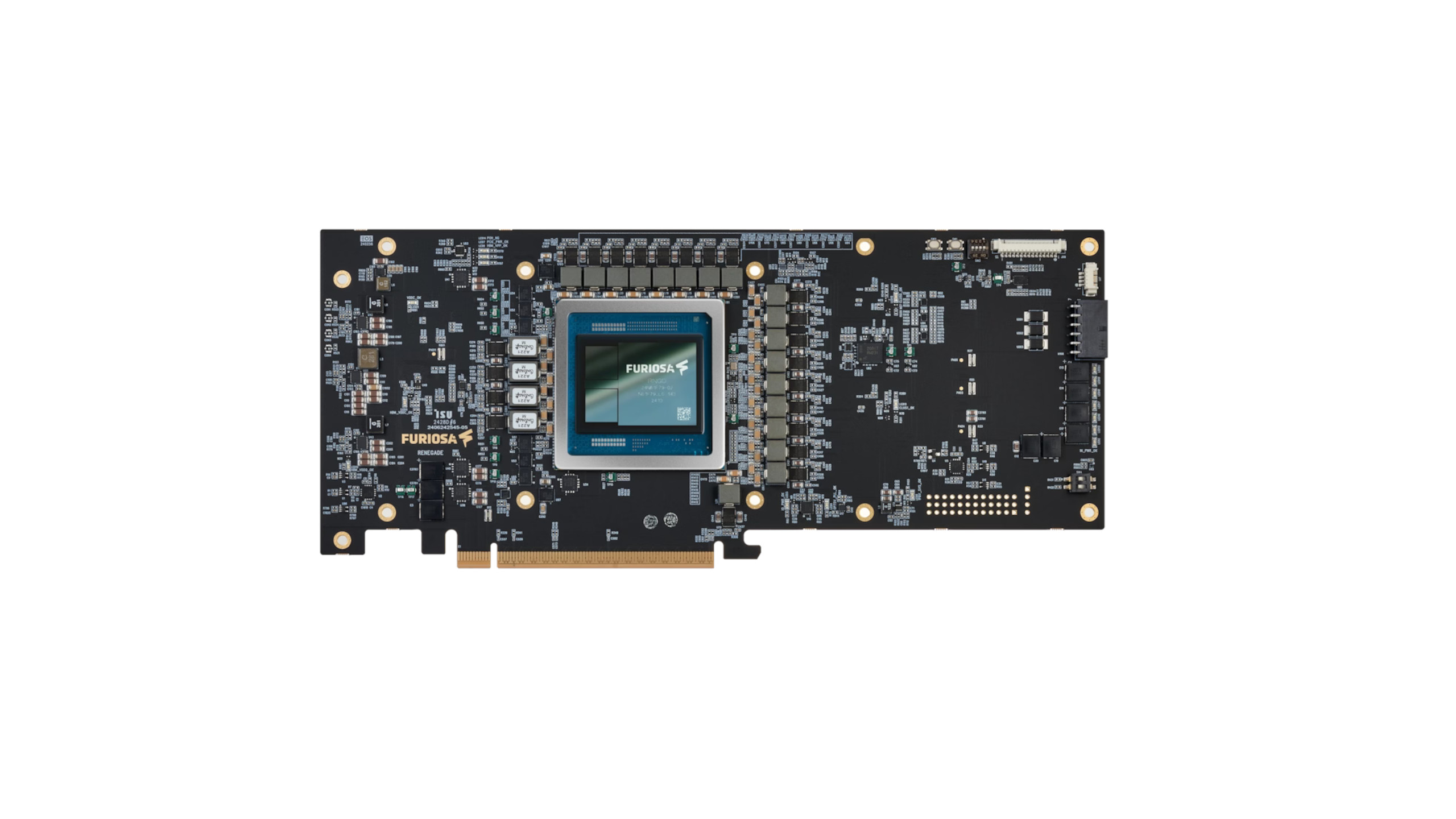
The Trump administration is preparing a sweeping plan to cut U.S. dependence on foreign-made semiconductors and expand domestic manufacturing.
The proposal would force chipmakers to produce in America the same number of semiconductors that their customers currently import.
Companies that fail to maintain a one-to-one balance would face tariffs, the Wall Street Journal reported on Friday.
Also Read: Taiwan Semiconductor’s Arizona Unit Turns Profitable For First Time
The system could hit companies such as Apple (NASDAQ: AAPL) and Dell Technologies (NYSE: DELL), which rely on complex supply chains and import products containing chips from multiple regions.
Apple CEO Tim Cook has been praised by President Donald Trump for increasing the company’s investments in the U.S. However, both Apple and industry analysts have stated that manufacturing iPhones in the U.S. is not a realistic goal.
At the same time, the policy could benefit manufacturers expanding in the U.S. Taiwan Semiconductor Manufacturing Co (NYSE: TSM), Micron Technology (NASDAQ: MU), and GlobalFoundries (NASDAQ: GFS) could gain leverage over customers seeking to avoid tariffs.
Washington has long worried that U.S. companies rely too heavily on chips made in Taiwan, just 80 miles from mainland China, leaving supply chains exposed to geopolitical tension. Chips power everything from iPhones to electric vehicles.
The disruption of the semiconductor supply chain due to the 2020 pandemic prompted the U.S. and other countries to develop their domestic semiconductor chip base by reducing their reliance on China.
Trump signaled the move last month, telling tech firms that those who boost U.S. investments could avoid tariffs as high as 100% on semiconductors.
This system ties imports directly to domestic output, making compliance more complex because overseas chips are cheaper, supply chains are entrenched, and building U.S. capacity takes years.
A March 2024 report indicated Taiwan Semiconductor and Intel (NASDAQ: INTC) face rising costs that make U.S. chips far more expensive than those produced in Taiwan.
Suppliers supporting their Arizona fabs, including LCY Chemical have delayed or scaled back projects as construction in the U.S. costs four to five times more than in Asia.
Labor shortages, soaring material prices, and slower-than-expected expansion by Taiwan Semiconductor and Intel have worsened the situation.
Taiwan Semiconductor posted a ~$441 million loss at its Arizona fab in 2024. Founder Morris Chang estimated Arizona chip costs ran about 50% higher than Taiwan’s flagship lines, driven by expensive labor, imported materials, and longer logistics cycles.
By contrast, Taiwan Semiconductor’s Nanjing plant generated ~$800 million in revenue, benefiting from China’s efficient supply ecosystem. Despite the Arizona setback, Taiwan Semiconductor pledged an additional $100 billion investment in the U.S. (on top of $65 billion plus investment) chipmaking after Trump pressured the company over trade deficits.
Advanced Micro Devices (NASDAQ: AMD) CEO Lisa Su said chips produced for AMD by Taiwan Semiconductor in Arizona cost 5% to 20% more than those made in Taiwan. Speaking at an AI event in Washington, Su explained that U.S. production carries a premium even though yields match Taiwan Semiconductor’s Taiwan fabs.
The Trump administration initiative follows the 2022 CHIPS Act, which gave billions in subsidies for U.S. plants, but customers often resist paying higher prices for American-made chips.
Price Action: TSM stock is trading lower by 1.43% to $272.69 premarket at last check Friday. AAPL is down 0.29%.
Read Next:
Nvidia Breathes New Life In Intel Stock With $5 Billion Deal
Photo by Jonah Elkowitz via Shutterstock



